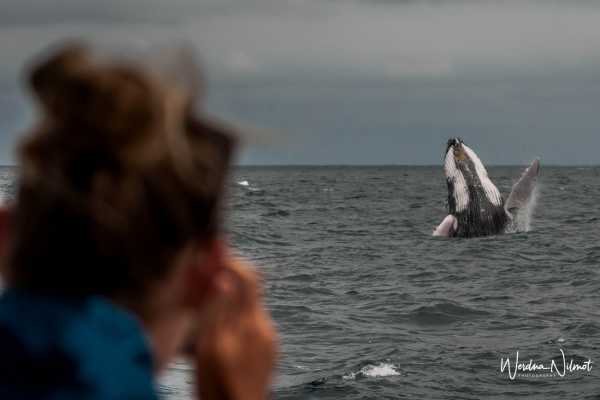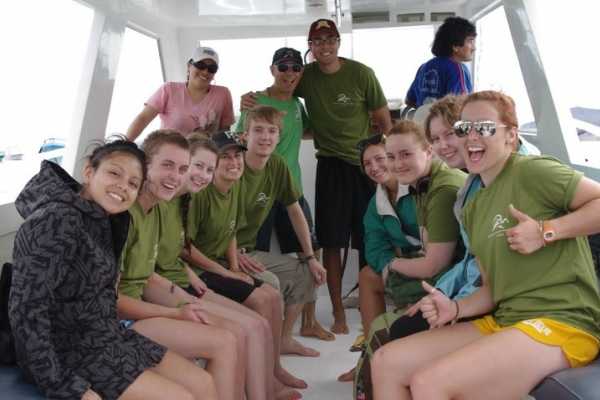___________OUR RESEARCH PROJECTS IN ECUADOR
____________DO YOU LIKE TO KNOW MORE ABOUT US?
Here you can find scientific documents published on research in Ecuador and other parts of the world with the help of the PWF
____________ OUR WHALE | DOLPHIN | OFFICE
Contamos con un centro de investigación e interpretación ambiental en Puerto López, Ecuador. Con una colección amplia de esqueletos de mamíferos marinos varados en la zona. Además tenemos implementos como computadoras, microscopios, congelador y otros equipos de investigación que nos ayudará a entender y analizar los datos de ballenas, delfines y otros mamíferos marinos en el Ecuador Continental.
____________DO YOU CAN HELP?
Pacific Whale Foundation is a nonprofit organization dedicated to protecting our oceans and marine wildlife through research, education, and conservation. Now more than ever, the world’s whales, dolphins, sea turtles, coral reefs, and other marine organisms need your help to thrive in their natural ocean habitat. There are many ways to get involved and make a difference.
If you have the equipment, materials that you don't use, contact us: cristinacastro@pacificwhale.org

















